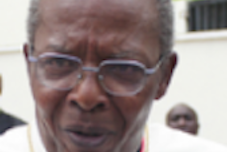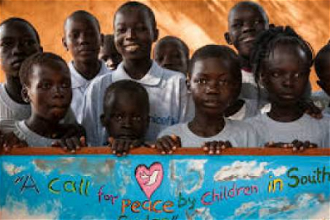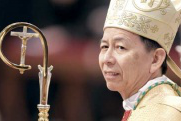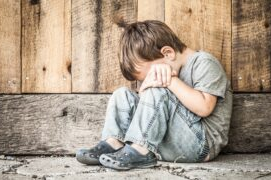South Sudan: calls for humanitarian corridor after ceasefire
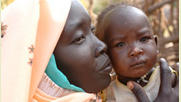
Mother and child - South Sudan
Since a ceasefire was agreed in South Sudan, last week, Church and aid agencies have called for greater action from the international community to ensure that the truce holds, and the establishment of an aid corridor to enable much-needed medical and humanitarian support to be delivered.
Jane Andanje, CAFOD’s country director for South Sudan said: "We welcome this long awaited ceasefire, and we pray that it will end the fear and suffering that hundreds of thousands of people have endured in South Sudan over the last five weeks.
"However, the situation remains tense and people will only feel able to return to their homes if the ceasefire agreement is respected by all parties.
"In the meantime, we need urgently to get humanitarian aid to areas that have been inaccessible because of the fierce fighting, particularly to places like Malakal Town where looting has left the townsfolk dangerously short of essential supplies. It is now time for political figures on all sides to demonstrate leadership by prioritising peace and security, and investing in the future of a people who have suffered enough.
"I know that CAFOD supporters will continue to pray for peace. We cannot afford to allow the hope and promise of this new country turn to the despair and ruin of the past.”
In a statement, AMECEA (Association of Members of the Episcopal Conferences of East Africa) said: "Let the international community know that there is a moral obligation to intervene on behalf of the many people in South Sudan whose very survival is threatened and whose basic human rights are seriously violated."
Despite the ceasefire reached in Addis Ababa between the representatives of the two rival factions of the SPLM (Sudan People's Liberation Movement) that have been fighting since 15 December, the situation in South Sudan is still unstable. The government and rebels accuse each other of various violations of the truce.
The statement of AMECEA stresses the need to "expand the table of negotiations" involving not only the government and the rebels, but also all the components of the south Sudanese society.
It is important to point out that the independence of South Sudan "should never be looked at as solely military success. It is the south Sudanese as a people who were fighting for liberation. It therefore means that every effort should be made to avoid the militarization of the management and day to day running of the affairs of South Sudan".
"The Church also played a crucial role in the struggles for their independence", the Bishops said and stressed that the majority of South Sudanese have been baptized, a fact that should help local people to overcome ethnic and tribal divisions. "We admire the strong ecumenical bond that has existed between the different churches in South Sudan. It is in the unity of the prophetic voice of the Church leaders that the people were inspired to find their identity as one united people of South Sudan" reaffirm the Bishops who conclude by entrusting the Country to the Virgin Mary, Queen of Peace and Queen Africa.
Source: Fides/AMECEA/CAFOD



